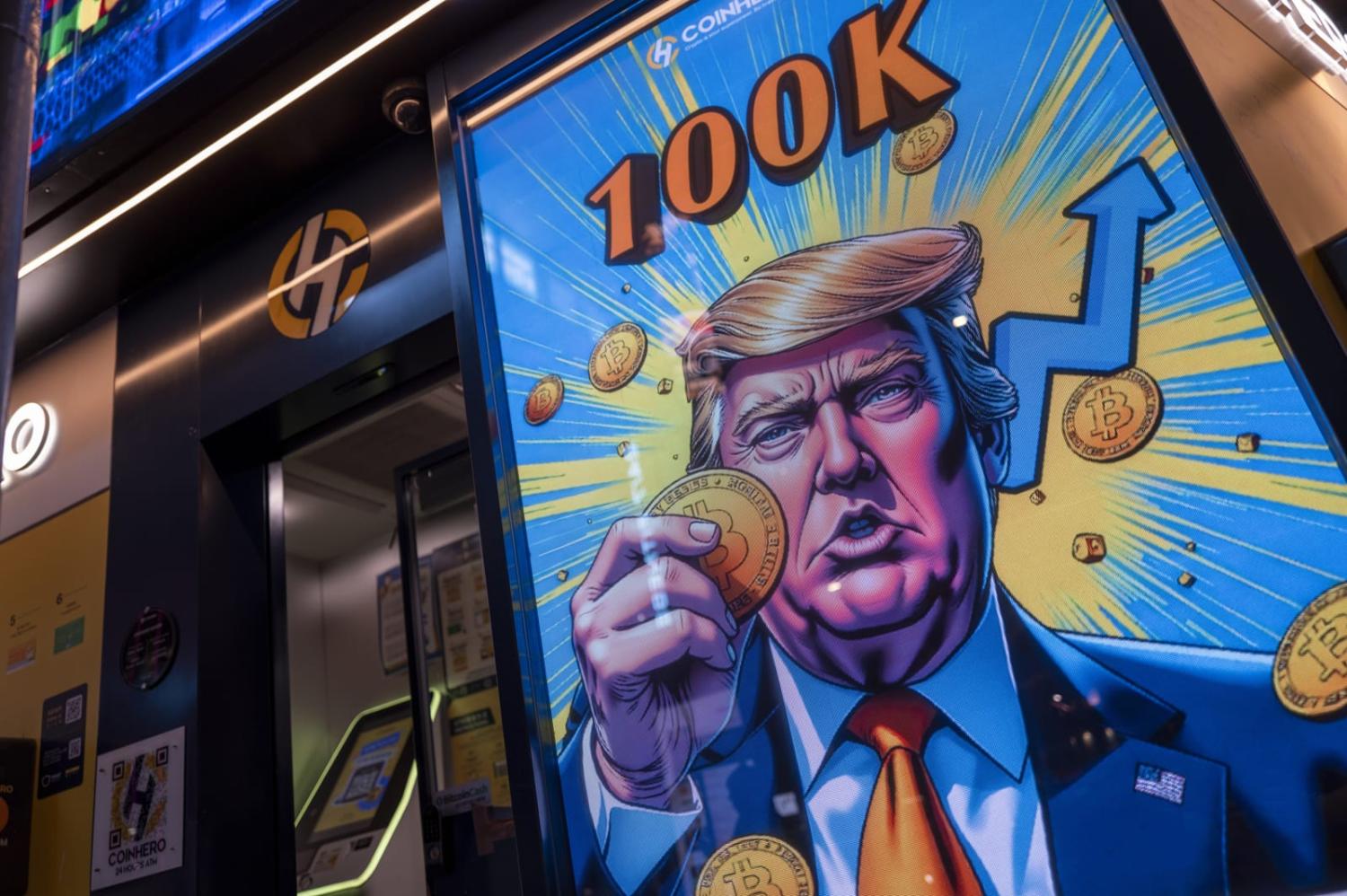Regulator VARA approves landmark license, signaling major push into real-world asset tokenization.
Dubai, UAE — In a landmark decision poised to reshape the intersection of blockchain and traditional finance, Dubai’s Virtual Assets Regulatory Authority (VARA) has granted a Virtual Asset Service Provider (VASP) license to Aetherium, a Layer 1 (L1) blockchain protocol specializing in real-world asset (RWA) tokenization. The move positions Dubai as a frontrunner in the global race to digitize physical assets—from real estate to commodities—on blockchain networks.
A First for RWA-Focused Blockchains
The VASP license, announced on Monday, allows Aetherium to legally offer custody, trading, and asset management services for tokenized RWAs within Dubai’s jurisdiction. This marks the first time VARA has greenlit an L1 blockchain explicitly tailored for RWA integration, a sector projected to grow to $16 trillion by 2030, per Boston Consulting Group.
“This license isn’t just about compliance—it’s about leadership,” said Aetherium CEO Sara Elahi. “By bridging tangible assets with decentralized finance [DeFi], we’re unlocking liquidity for markets that have been siloed for decades.” Aetherium’s protocol enables fractional ownership of assets like Dubai luxury properties, gold reserves, and even carbon credits, with transactions settled in seconds via its proof-of-stake network.
Dubai’s Crypto Ambitions Take Flight
The approval underscores Dubai’s aggressive strategy to become a global crypto hub. Since launching its Virtual Asset Law in 2022, VARA has issued over 30 VASP licenses to firms like Binance and Coinbase, but Aetherium’s focus on RWAs sets a new precedent. Analysts say the emirate is leveraging its status as a financial and logistics powerhouse to attract innovators in asset tokenization—a space where competitors like Singapore and Hong Kong are also vying for dominance.
“Dubai recognizes that RWAs are the next frontier for blockchain adoption,” said Omar Al-Mansoori, a Dubai-based fintech advisor. “Tokenization aligns perfectly with their vision of a diversified, future-proof economy.”
Regulatory Precision Meets Market Demand
VARA’s rigorous licensing framework mandates strict anti-money laundering (AML) protocols, asset auditing, and investor protection measures. Aetherium’s compliance includes third-party verification of physical asset backing and real-time transparency tools for token holders—a model VARA may replicate for future applicants.
The decision arrives amid surging demand for RWA tokenization. BlackRock’s recent tokenized fund on Ethereum and JPMorgan’s blockchain-based collateral settlements highlight institutional interest. Yet Aetherium’s license stands out by targeting retail and SME investors. “We’re democratizing access to high-value assets,” Elahi added, citing plans to launch a Dubai real estate tokenization platform by Q4 2024.
Challenges and Skepticism
Despite optimism, hurdles remain. RWAs require seamless integration with legacy legal systems, and disputes over asset ownership could arise. “Tokenizing physical assets isn’t just a tech problem—it’s a regulatory minefield,” cautioned Dr. Leila Farsi, a blockchain legal expert. Market volatility also poses risks; during crypto downturns, tokenized assets could face liquidity crunches.
Environmental concerns linger too. While Aetherium uses a carbon-neutral consensus mechanism, critics argue tokenizing commodities like oil or minerals might incentivize unsustainable extraction.
Market Impact and Future Prospects
News of the license sent Aetherium’s native token, $AETH, soaring 32% within hours. Meanwhile, rival RWA projects, such as Polymesh and Provenance Blockchain, saw modest gains, reflecting broader market enthusiasm.
VARA officials hint that more RWA-focused licenses are in the pipeline. “Our goal is to create a ecosystem where innovation thrives within guardrails,” said VARA CEO Henson Wong.
The Road Ahead
Dubai’s bet on RWAs could redefine its economic landscape. By merging its real estate, trade, and tourism strengths with blockchain efficiency, the emirate aims to attract a new wave of investors and tech talent. For Aetherium, the challenge now is execution—proving that tokenized assets can scale without compromising security or compliance.
As global regulators grapple with crypto’s evolution, Dubai’s latest move sends a clear message: The future of finance is hybrid, and the race to tokenize the physical world has begun.

